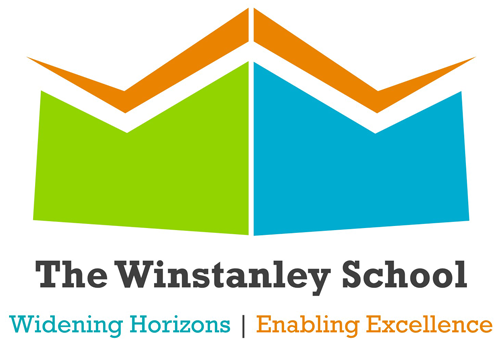What is the Catch-up Premium?
The literacy and numeracy catch-up premium gives schools additional funding to support year 7 pupils who did not achieve the expected standard in reading or maths at the end of key stage 2 (KS2).
All state-funded schools with year 7 pupils receive this funding. The money is to be used by schools to deliver additional tuition or intensive support in small groups, giving pupils valuable support to bring them up to speed so that they are more likely to succeed at secondary school.
The funding will not be ring-fenced for catch-up activities. It is used for additional literacy and numeracy catch-up during Year 7 given that this can make a profound difference to pupils at this important stage.
In 2018 to 2019 the government have allocated funding to schools on the basis that they receive the same overall amount of year 7 catch-up premium funding they received in 2017 to 2018, adjusted to reflect the percentage change in the size of their year 7 cohort between October 2017 and the October 2018 school censuses.
In 2018-19 we received £8,850
In 2019-20 we will receive £8940
We have decided our main focus should be literacy because low levels of literacy also inhibit students ability to progress in all subjects. Currently 33% of our year 7 students have a reading age two years below their actual age and 9 students did not sit the test either because of absence from school or the test was too hard for them to access.
Last Year- 2018-2019
Last year we continued to provide additional Literacy lessons for our Year 7 students who were withdrawn from languages. These lessons were provided by an HLTA who is a qualified Primary School teacher. As with the previous year we aimed to support cross curricular progress.
In addition to this our HLTA worked in the least able group in English for 6 lessons a fortnight. This enabled the class teacher time with students to help them catch up or fill in any chunks of learning they had missed during their time at school.
We continued to use DEAR as a way of helping our less able readers to catch up and a number of them have 1:1 sessions to help them with their reading and comprehension.
One of the key priorities last year was to develop literate learners. All teachers read the Closing the Vocabulary Gap by Alex Quigley and had training on ways to develop the students’ vocabulary. These strategies have begun to be used in lessons. This benefited our least able students in year 7.
We also offer Speech and Language intervention sessions. These were run by a trained TA with advice from Speech and Language. Students are assessed on entry and again after a term of intervention. Students receive this intervention once a week. Students made between 1 month and 2 years 4 months progress over the course of the year.
2019-2020
This year we have invested heavily in an intervention programme with a huge evidence base- Fresh Start- Read Write Inc. We have a significant proportion of Year 7’s who arrive with reading and spelling ages way below where they should be at and this hinders their progress across the entire curriculum. Fresh Start teaches students to read accurately and fluently with good comprehension. It teaches them to spell correctly and compose their ideas for writing step-by-step.
We are also running literacy intervention groups with a qualified teacher for KS3 students and have used the Catch-Up Premium funding to allow us to purchase IDL. The IDL Intervention is a speaking-computer based multi-sensory system which supports learners with dyslexia and other learning difficulties to increase their reading and spelling ages. The programme was specifically designed for those with dyslexia and is used as an intervention but can also be used effectively as a school wide literacy solution.
Over the years, numerous research studies have shown that IDL Literacy is a proven solution for increasing the reading and spelling ability of pupils with dyslexia and other learning difficulties, by an average of 11 months after just 26 hours of use.
Both of these interventions will be led by a qualified teacher with Primary expertise, following on from the research that most success is found when these lessons are taught by English experts.
For those students who are struggling with reading fluency, we run 1:1 reading sessions with key adults over termly blocks.
The Catch Up Premium funding has also helped us to fund a member of teaching staff to run Maths Intervention groups in Year 7 and 8. This operates as an additional set for those students who have been identified as struggling to use basic mathematical skills and arithmetic and is lead by a qualified Primary School teacher.
